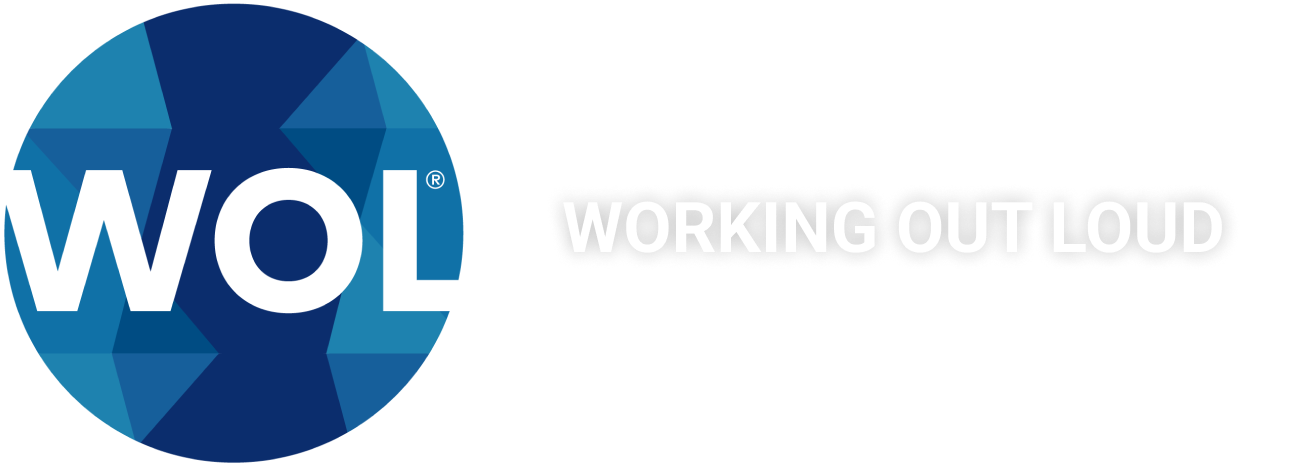
“We don’t think we have something to share.”
It’s such a waste, and not at all uncommon. I meet many smart, experienced people, working in modern companies, who limit their opportunities and effectiveness by standing quietly on the sidelines, waiting to be asked.
What would you have told Bettina?

Ms. Williams at Window #4
The US post office has almost 600,000 human beings working there. On average they may come into contact with dozens of customers or colleagues every day.
What if more of those 600,000 employees were like Ms. Williams? What kind of difference would that make?

“I am a feminist too.”
When it comes to equity for women, we still have a long way to go. But my daughters and sons, and the 6,000 people who have joined our female empowerment programs, give me hope.

Your one word for 2024
Your one word can be a kind of guidepost, something that reminds you of the direction you want to head in. It can be another way to express what you intend to do and be.
What will your one word be? Where do you want to go this year?

Connecting the dots: Manifesting meaning in 2024
It isn’t always clear how your different interests and jobs fit together, but as Steve Jobs said in his now-famous commencement speech, “You can’t connect the dots looking forward; you can only connect them looking backwards.“
Here’s where my dots are taking me in 2024. Heading into the coming New Year, I hope your dots lead you somewhere wonderful, too.

“Activating the culture”: A path from values to everyday behaviors
Most cultural transformation programs don’t change very much.
What’s usually missing is a chance for employees to work out how the values applied to their particular job and context; to actually experience what it would feel like to be “One Company”; to provide at least some answers to “What’s in it for me?”.
Social learning programs can close these gaps, particularly when they have three specific elements.

The killer chickens that lay a lot of eggs
Breeding chickens for their individual egg-laying ability led to vicious attacks and mortality rates of 50% or more. If you want more eggs, you need chickens with other skills beside being good egg-layers. You need chickens who are able to get along with other chickens.
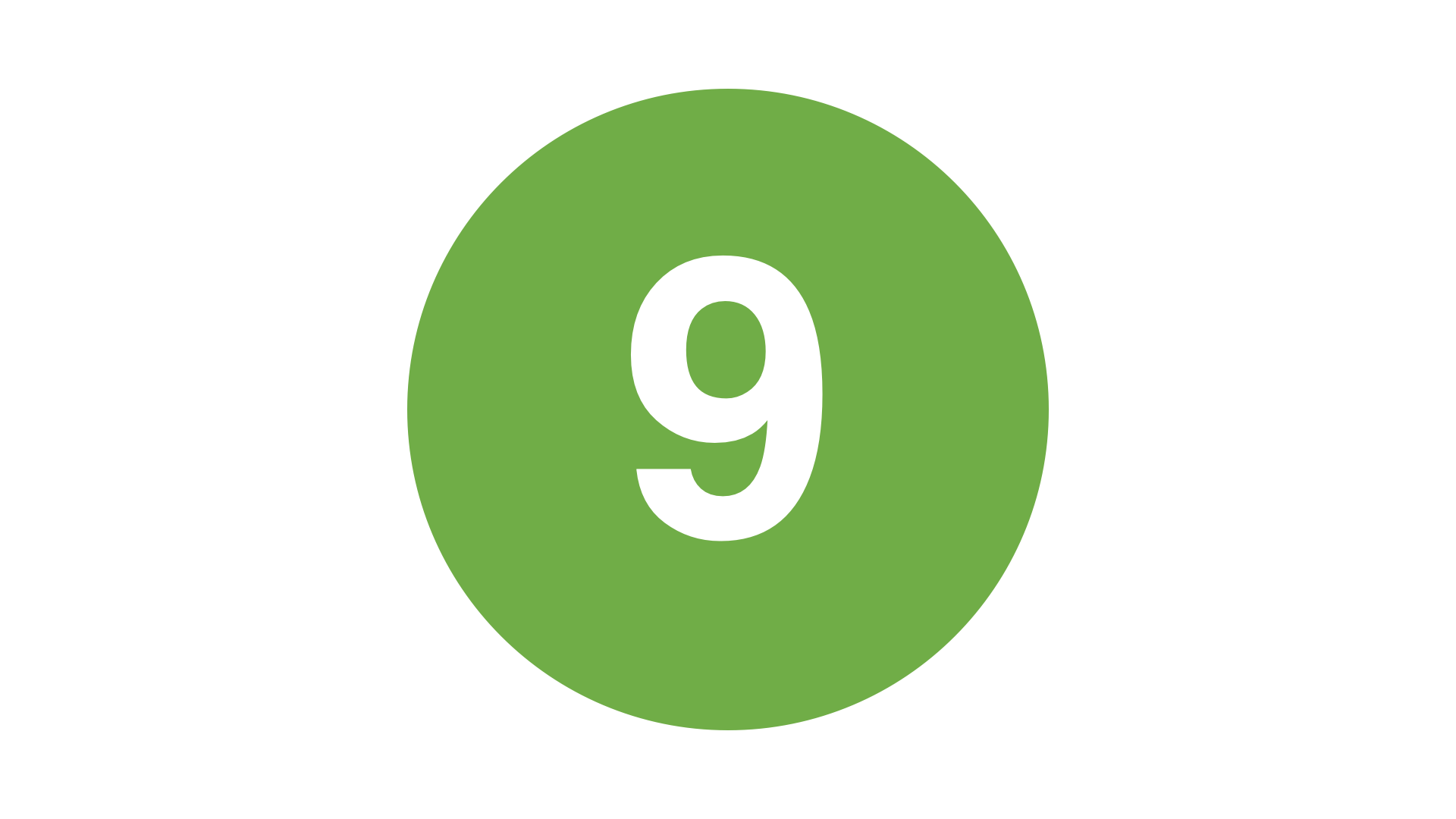
Nine use cases for social learning
The best learning experiences aren’t passive. They’re social. Here are nine of the best ways to use social learning to address specific challenges in your company.

The development gap for frontline workers: “We forgot about them.”
Employees in operational roles have access to just a tiny fraction of the development opportunities available to office workers.
The result is poorer performance, health, and retention—as well as fewer opportunities for the very people who need them most.
It’s not fair and it’s not right. The chance for making more of your job—and more of yourself—shouldn’t be limited to employees in offices or who work from home.
Here’s a practical innovation we’re working on to close the development gap.

Self-determination at work
It is a moral and business imperative to close the gap between what science knows and what business does. Here are two ways to do it.
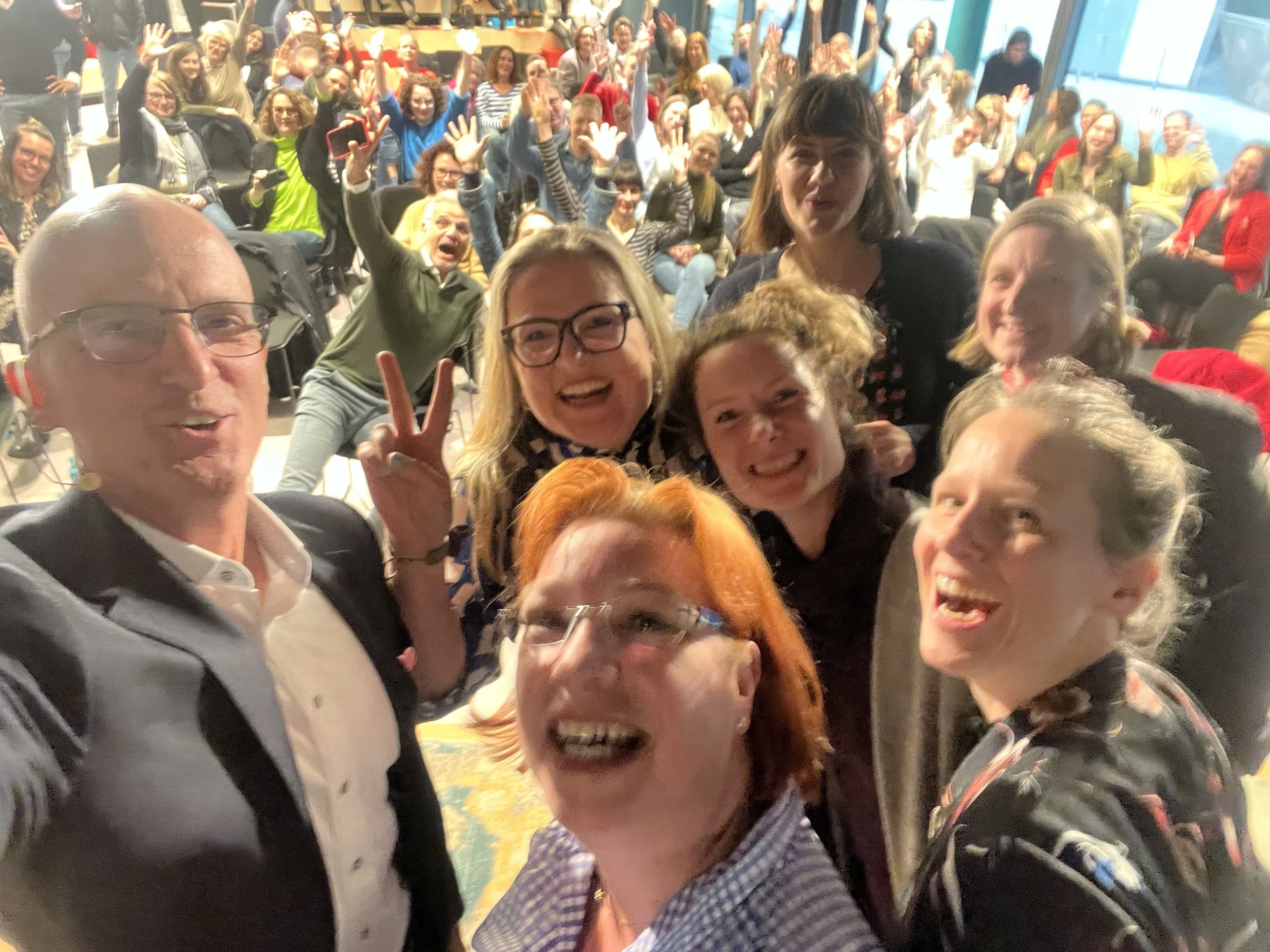

“What profound treasures are hidden”
Inspired by two companies where employees actively seek out, connect, and grow the positive potential of their work and each other. “Give employees space and time for development, and thus give them wings.”
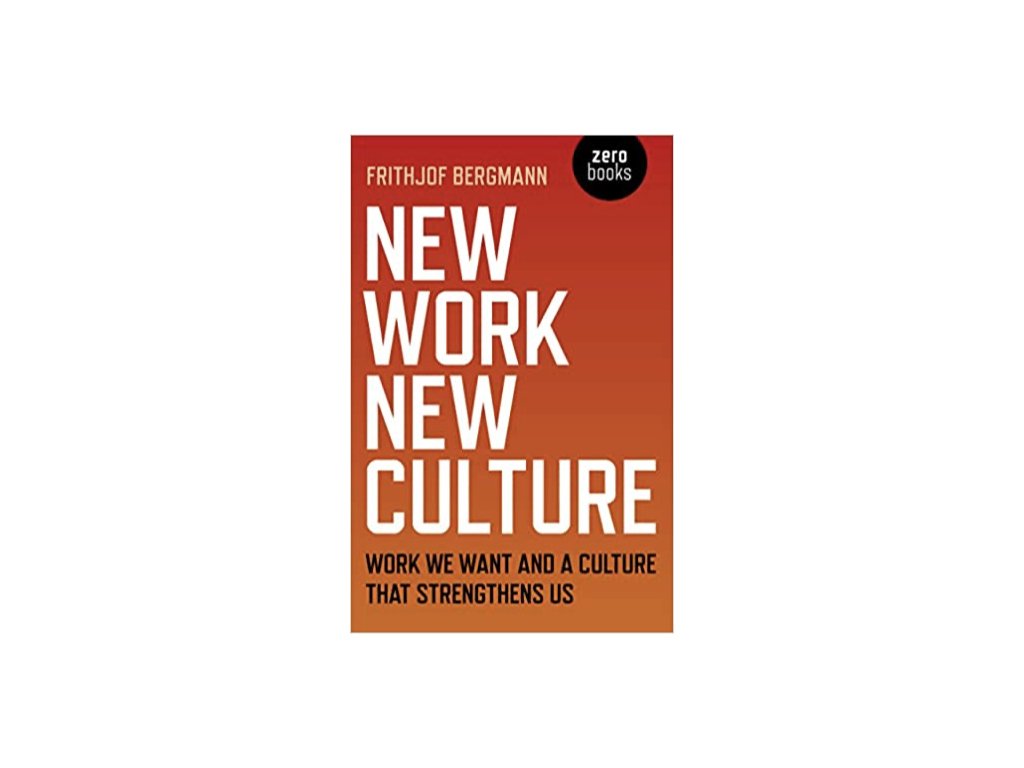
New Work New Culture
Frithjof Bergmann’s vision for “New Work” was bold and ambitious, a fundamental rethinking of jobs, pay, and markets. All of it, he proposes, needs to be reimagined and fashioned from scratch.
Today’s New Work initiatives may fall short of his vision, but they can fulfill his promise of enabling people to “be more alive” at work.
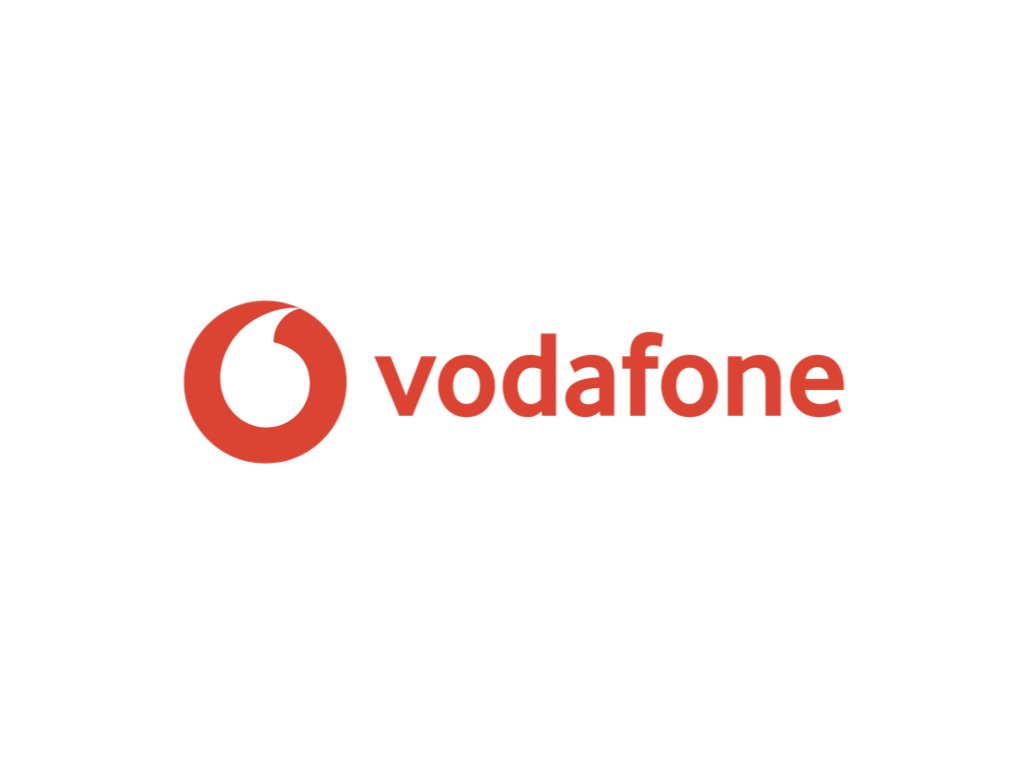
WOL at Vodafone
How a grassroots effort, full of passion and persistence, led Vodafone to be the first company to use three different WOL Methods: WOL Circles, WOL Mindfulness, and WOL for Teams.


The Lindau Illusion
Same town, two fundamentally different experiences. Just based on what I happened to see or not see. I stop and think: If I can be so wrong about an entire town, what about people?

Everybody Matters
When it comes to how their employees relate to each other and to the work they do, Everybody Matters serves as an inspiring example of the way things could be.


Whatever you’re looking for, you’ll probably find it
We have a tendency to label people and file them into categories and boxes. It makes life simpler in some ways, but also poorer.
What if, instead, we were open to the possibility that each person has something precious inside them?
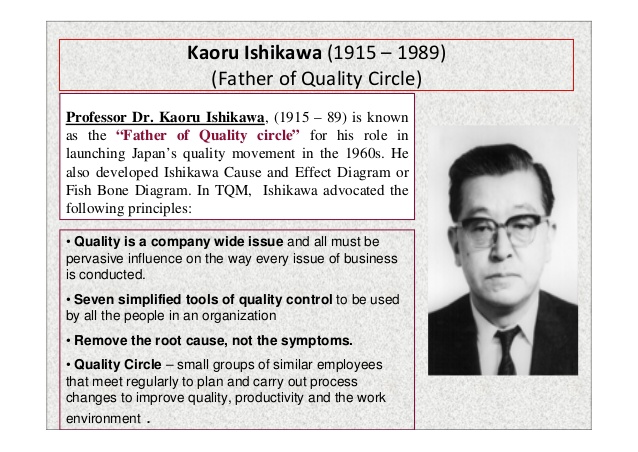
The life and death of Quality Circles
In the US, at least, “quality circles are almost universally consigned to the dustbin of management techniques.”
Why? What can we do to make a good idea even better?
